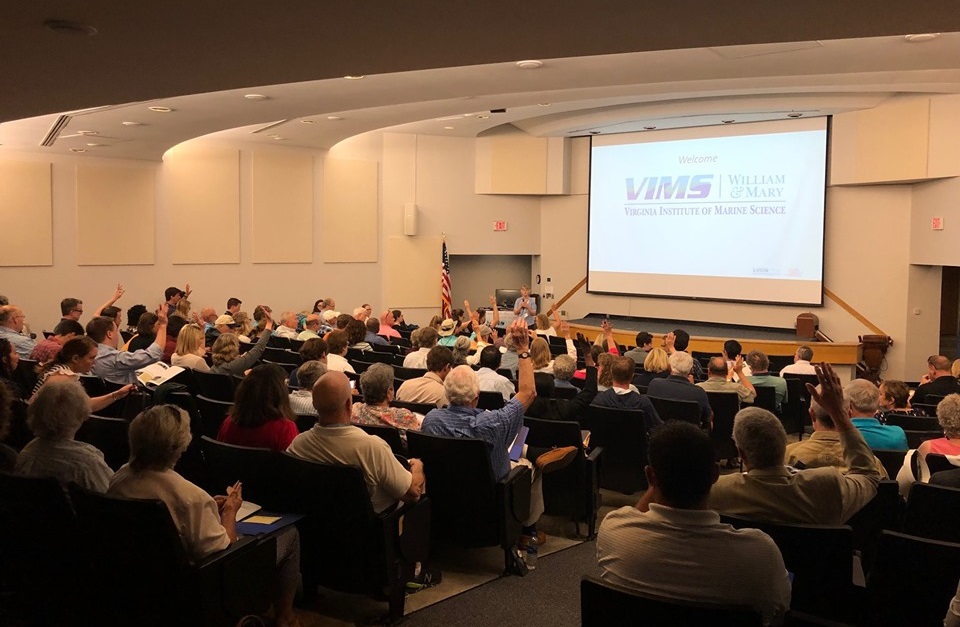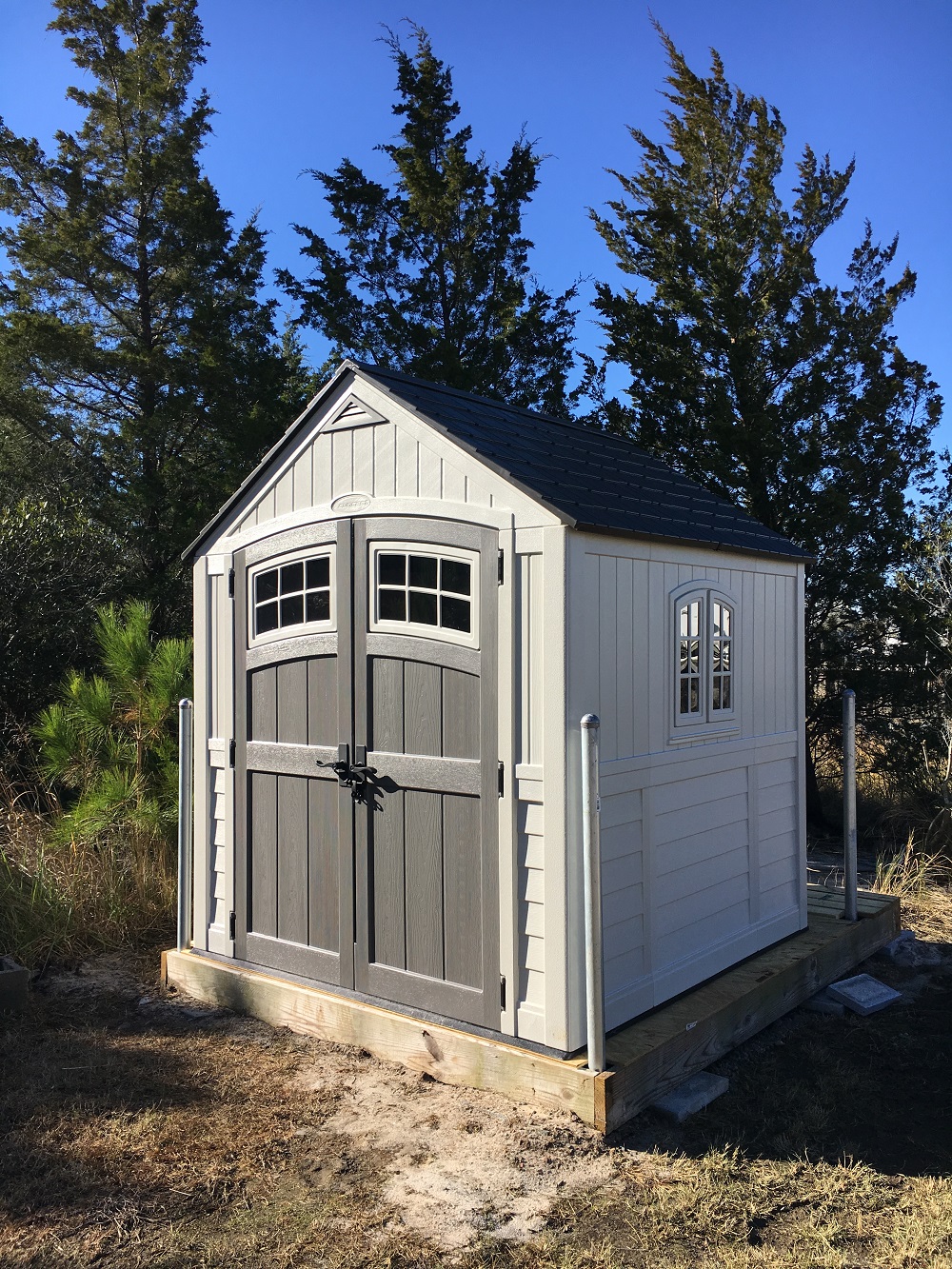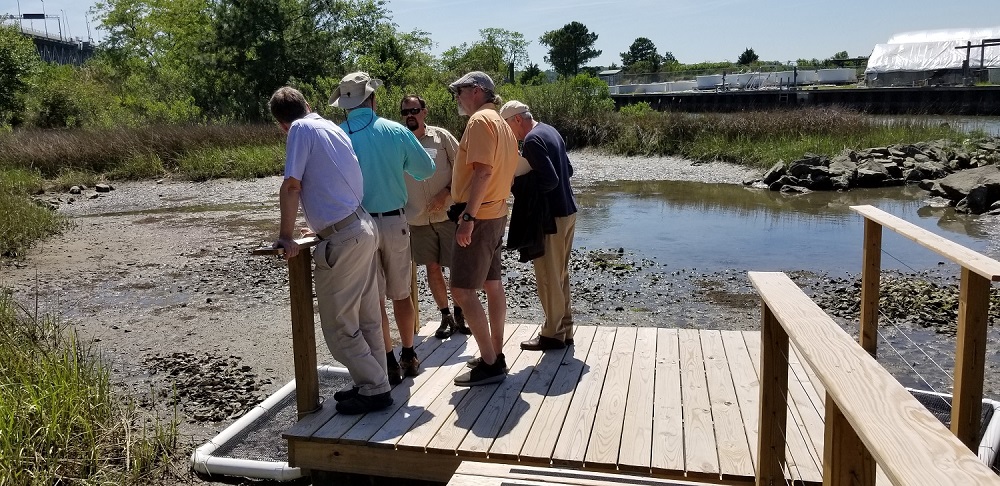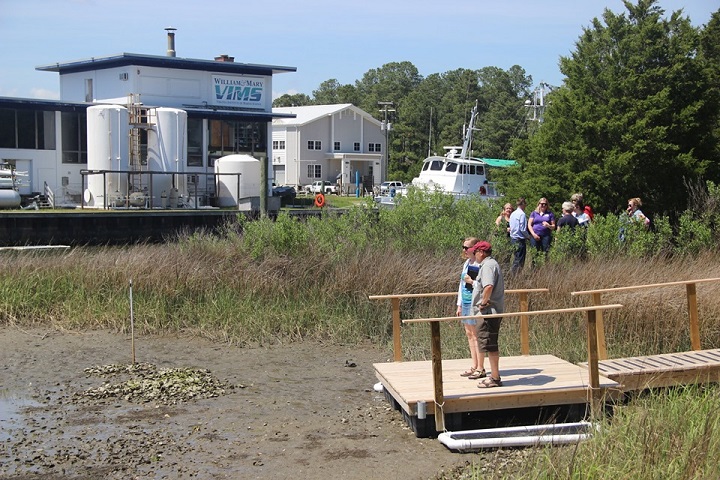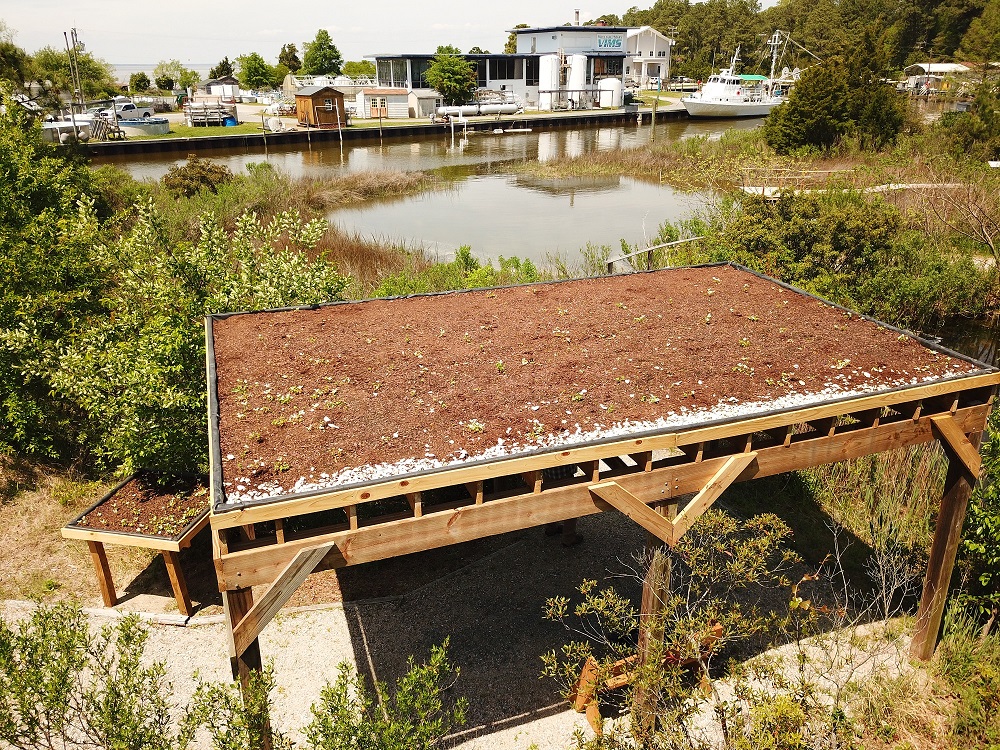May 2, 2019 – Building Momentum for Coastal Resilience
Handouts
Presentations
Coastal Resilience Project Updates – Community Scale
- Workshop Objectives – Karen Duhring, VIMS Center for Coastal Resources Management
- Sea Level Rise Measurements & Forecasts – Molly Mitchell, VIMS Center for Coastal Resources Management
- A Co-Benefit Approach to Prioritizing Lands for Coastal Resilience – Pam Mason, VIMS Center for Coastal Resources Management
- Road Flooding and Community Access – Pamela Braff, VIMS Center for Coastal Resources Management
- Shoreline Property Owner Perspectives – Sarah Stafford, William & Mary Public Policy
Coastal Resilience Project Updates – Shoreline Scale
- Modeling Tidal Marsh Resilience – Karinna Nunez, VIMS Center for Coastal Resources Management
- Dynamic Living Shoreline Designs for Sea Level Rise – Donna Bilkovic, VIMS Center for Coastal Resources Management
- Shoreline Management Model v. 5 – Christine Tombleson, VIMS Center for Coastal Resources Management
- Tidal Shoreline Management Policies & Procedures Handbook – Angela King, Virginia Coastal Policy Center
Coastal Resilience Project Updates – Engagement Opportunities
- Coastal Resilience Collaboratives & Forums – Michelle Covi, Old Dominion University – Virginia Sea Grant
- NGO Initiatives & Citizen Science Projects – Karen Duhring, VIMS Center for Coastal Resources Management
Shoreline Program Updates
- Tidal Shoreline Management Program Updates – Karen Duhring, VIMS Center for Coastal Resources Management
Concurrent Breakout Sessions
VIMS Coastal Resilience – VIMS Teaching Marsh & Beach[[v|donnab,Donna Bilkovic]], [[v|molly,Molly Mitchell]], [[v|stanhope,Dave Stanhope]], [[v|kory,Kory Angstadt]], [[v|risdell,Robert Isdell]], [[v|agguthrie,Amanda Guthrie]] VIMS-CCRM
A variety of aquatic organisms collected from shallow water habitats were on display to illustrate how diverse beach and marsh habitats support ecosystem resilience.
|
CCRM Web Portal Demonstrations[[v|christine,Christine Tombleson]] & [[v|tamia,Tamia Rudnicky]], VIMS-CCRMThe content in Locality Portals and AdaptVA were explored, including how GIS interactive maps and tools can be used to assist with shoreline management and comprehensive planning. Participant feedback on tool use and format was also gathered to inform future tool development. |
Validating Flood Models with Sensors & Citizen Science[[v|jdloftis,Derek Loftis]], VIMS-CCRM |
Tidal Shoreline Management Policies & Procedures Handbook
[[v|mason,Pam Mason]], VIMS-CCRM, Angela King, VCPC, Clay Bernick, Clay Bernick Environment & Sustainability, LLCA focus group was held to seek input and feedback on possible content and format for the pending Shoreline Policies and Procedures website. We had about 50 participants offer suggestions on the information that they need and how best to organize it for ease of access. The input is being used to help inform the development of the materials for the current project effort and also ideas for next steps in providing information for shoreline decision-makers and the general public to improve understanding and support informed decision-making. See related information on Wetlands Management. |
MARISA Climate Resilience Toolbox Project[[v|phbraff,Pamela Braff]], MARISA/Penn State UniversityFocus groups gave feedback to help build a searchable catalog of climate resilience tools by the Mid-Atlantic Regional Integrated Sciences and Assessments (MARISA) program |


